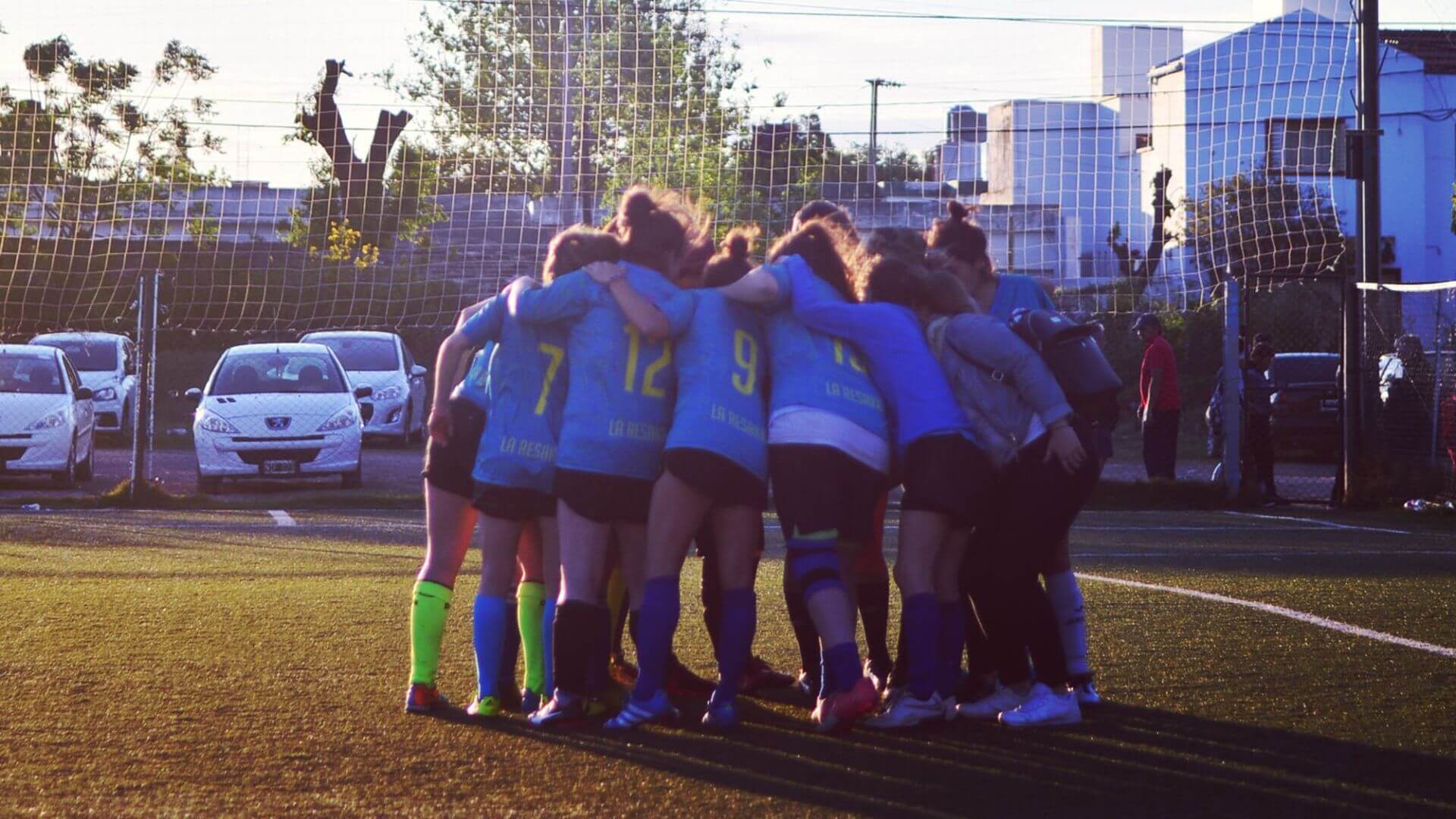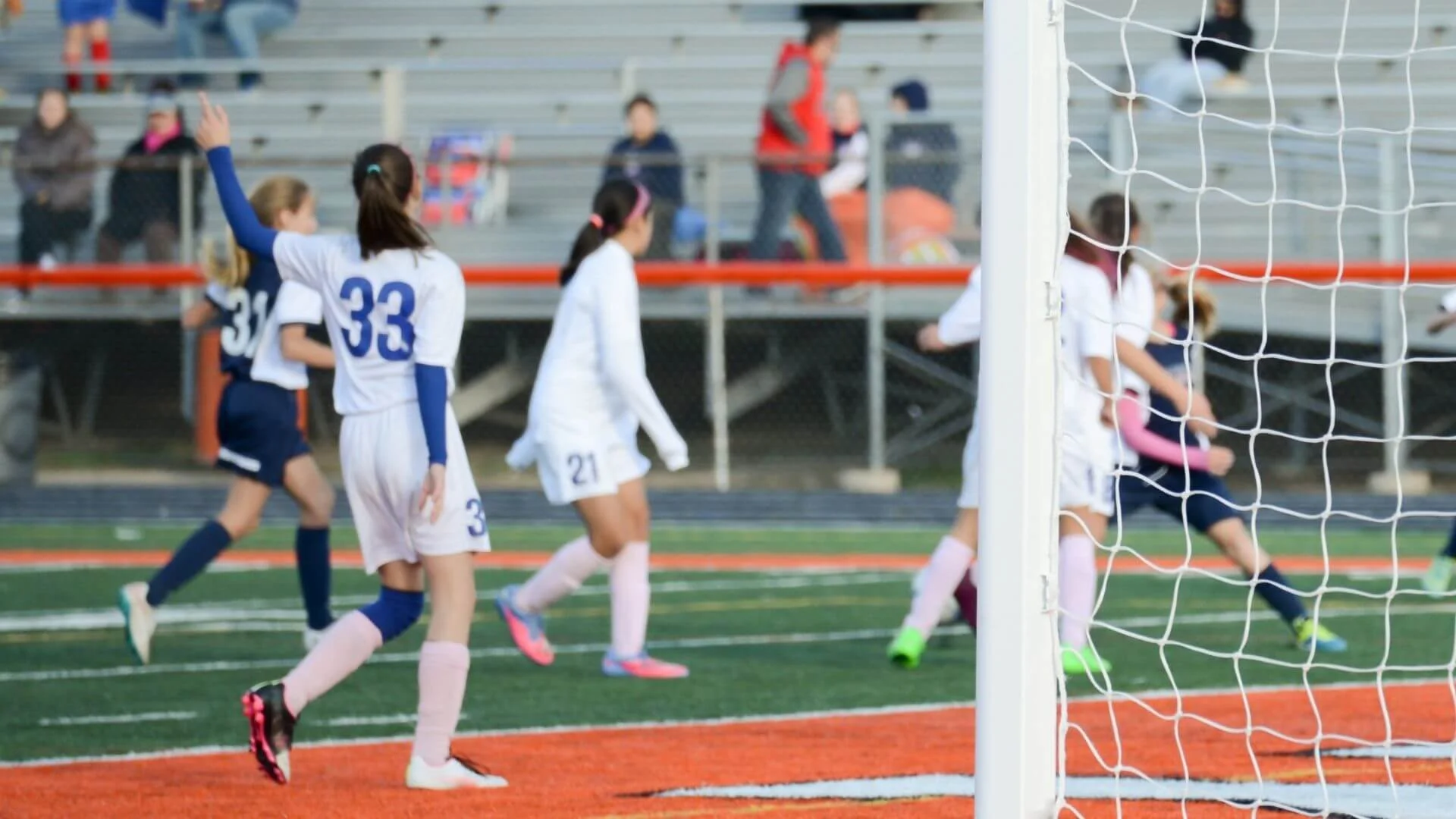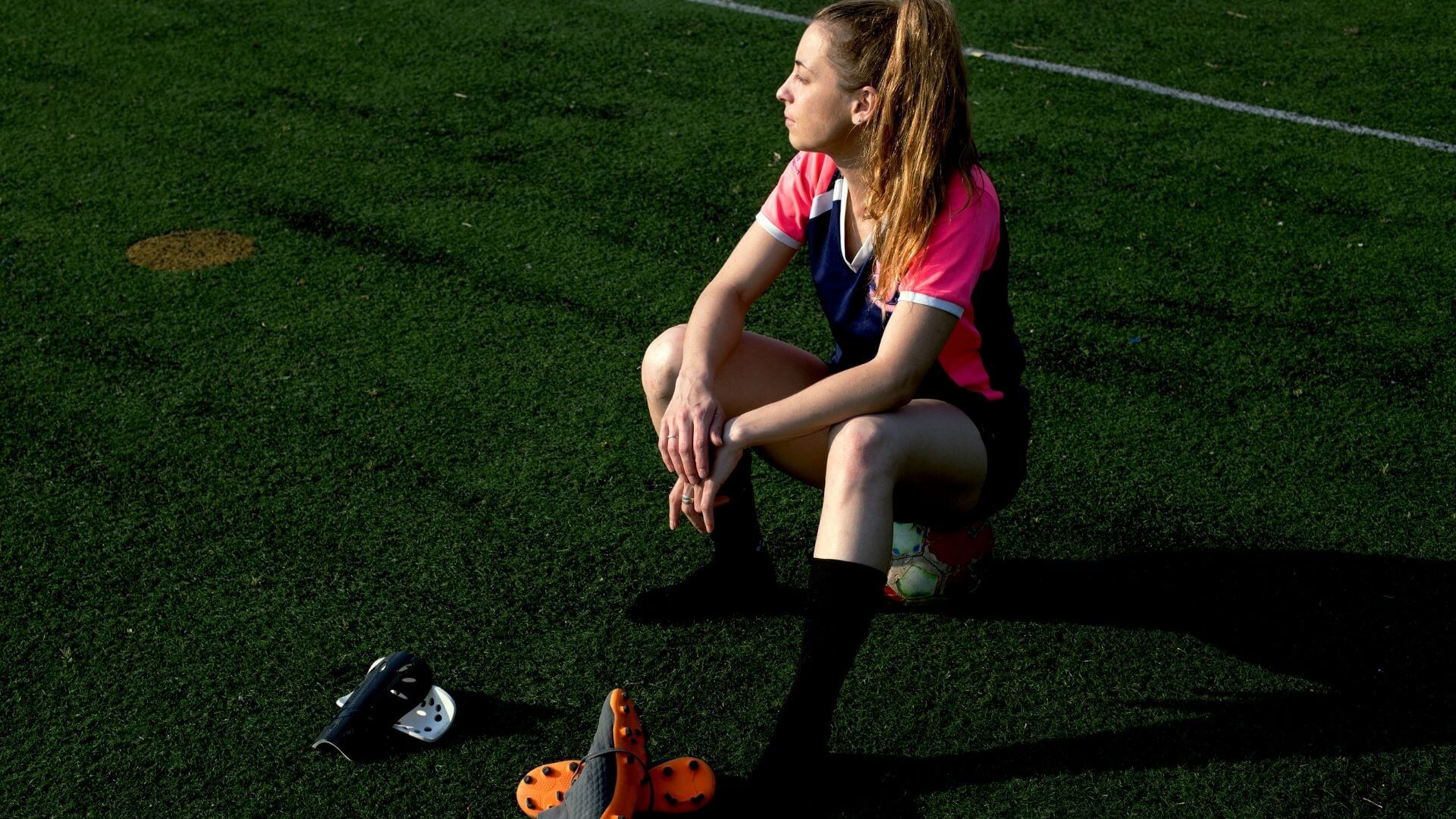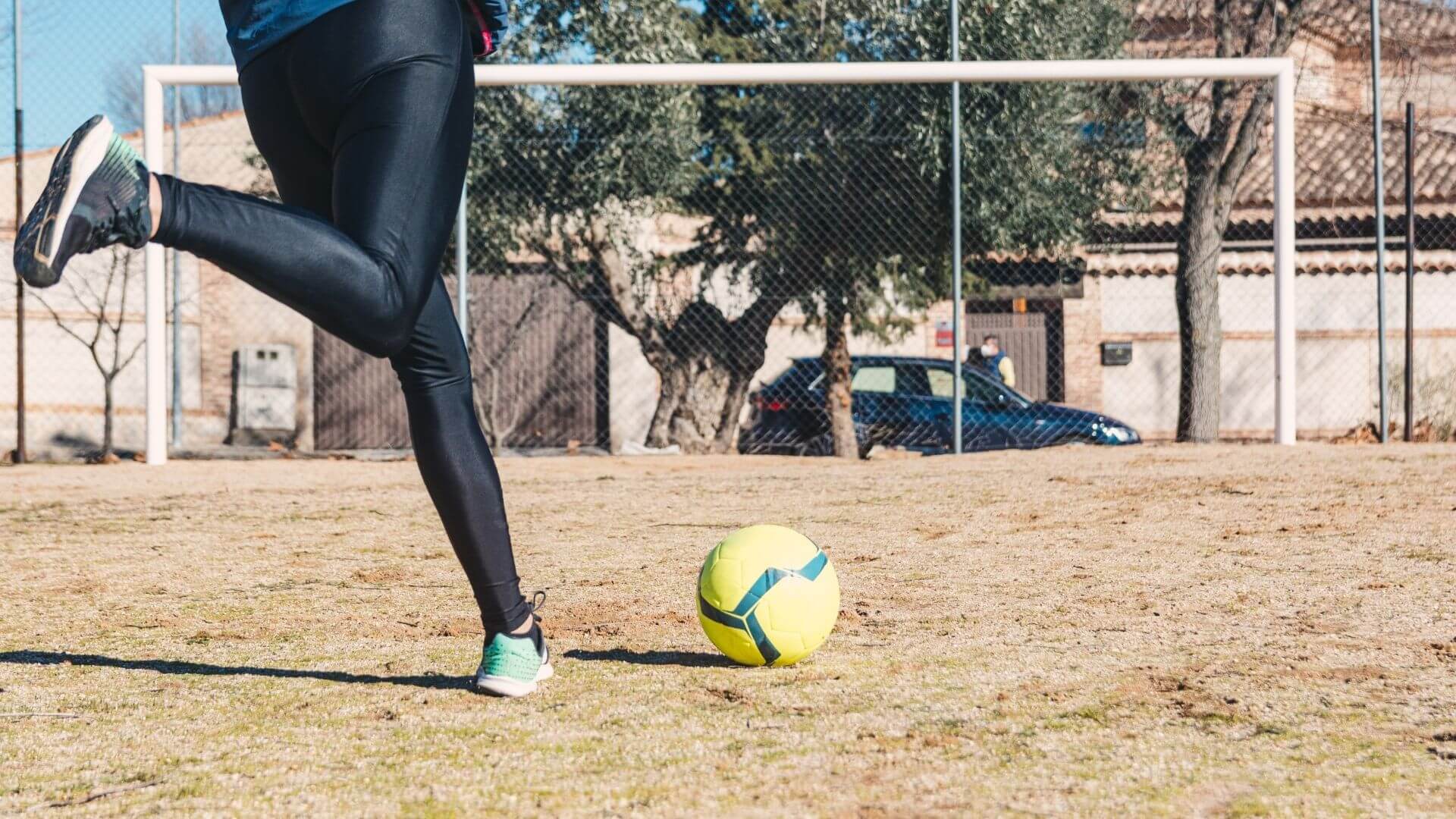How to Enter a Game Against a Team That Always Wins
You know the game. The dreaded soccer game against the dreaded team that always beats you. The game you go into just knowing that your team will get stomped on. The game where you succumb to defeat before kickoff even happens. The game that’s over before it even starts.
When you enter a game with a negative, self-defeating mentality like this–the opponent doesn’t even have to beat you because you’ve already done it for them.
This is where having a healthy striving mentality is crucial. If you don’t have a growth mindset, you’ll get nothing out of games like these and you will lose out on a massive opportunity for development–particularly resiliency skills.
If you want to be a great soccer player, you need to seize every opportunity for growth, and this game is a fantastic place to start.
Purpose
Dig deep into a game against a team that always wins and think about your “why.” Why do you play soccer? Why do you show up to training every day? Why do you put in the extra work? Why do you do individual training on your own?
It’s not so that you can win every game. That might be a part of it; yes, winning is fun, but winning isn’t what drives and motivates you over the long term. You can win every game you ever play and still be a mediocre player.
When you are getting recruited by colleges to play soccer, they do not care how many W’s are under your belt. They care how you play soccer. And every difficult situation (like playing the team that always beats you) is a gift, an opportunity to stick yourself into a challenging environment and get better at the game.
Goal Setting
If you are headed into a game against a team that consistently beats you, you have to start looking at the situation differently if you want to stand a chance of getting anything productive out of it—or winning it, for that matter.
If you accept early that the outcome is out of your control and shift your goals onto things you can control, you can absolutely walk away from the match, having had success on the soccer field.
Instead of outcome-based goals (winning, scoring X number of goals), you want to shift to objective-based goals. While your team doesn’t have complete control over the outcome of the game, you do have control over the process: your effort, your style of play, your collective play, your intensity, urgency, and creativity, etc.
Before hitting the field, talk to your teammates about what success looks like for you all in this game? Can we set some achievable objectives, things to strive towards in this match (besides scoring goals and winning)?
Break down the game into smaller pieces and choose things to work towards. Some examples include: How many times can we get the ball over the midline and into the opponent’s half? Or even can we outperform our last performance against this opponent?
Breathwork
If you are feeling particularly anxious about the match, or any other pregame emotions, breathwork works really well to help you regulate extreme emotions and feel calmer and composed before the game. Take some quiet time to yourself and do some deep breathing while focusing on the objectives you just set.
You can do this while stretching or while taking a walk. Try box breathing (inhale for four counts, hold for four, exhale for four, hold for four and repeat) or even while repeating a simple mantra such as “inhale your courage, exhale your fear”.
Breathwork reinstalls a sense of control over the situation and brings you to a place where you can focus and concentrate on the game instead of on the emotions that come with heading into a hard match.
Mental Toughness
When entering a game against a team that always wins, it pays to be someone that’s built up her mental toughness.
Mental toughness in soccer is a player’s ability to consciously choose their actions in difficult situations and stay calm and composed under pressure. Mentally tough players can self-regulate and push through, no matter the circumstances.
To build mental toughness in soccer, you need a few things: self-awareness, a growth mindset, and a toolbox full of mental performance skills (breathwork and goal setting included).
If you lack self-awareness, you won’t be mentally tough when going into a challenging game. Self-awareness allows you to objectively see what’s happening and choose a response instead of unconsciously reacting.
Instead of being the player that gets swept up in emotions of a challenging game and is unable to reframe the current situation into one that you can actually grow from, you’ll be able to see it for what it is, which is an opportunity to get better.
You Get to Choose How this Goes
To recap, if you are entering a game against a team that always wins, it’s within your power to reframe the situation into one you can gain and grow from. So take winning off the table for a moment; what else can you focus on achieving today? What smaller pieces of the game can you excel at?
Prepare yourself to enter the game calmly and focused with the intention of working hard towards your chosen objective. Give 110% of yourself over to that purpose, and you will walk away victorious that day regardless of the scoreline.
If the win happens along the way, great. And if it doesn’t? Also great.
Featured image via Adobe Stock Images
_
GIRLS SOCCER NETWORK: YOUR SOURCE FOR GIRLS SOCCER NEWS











